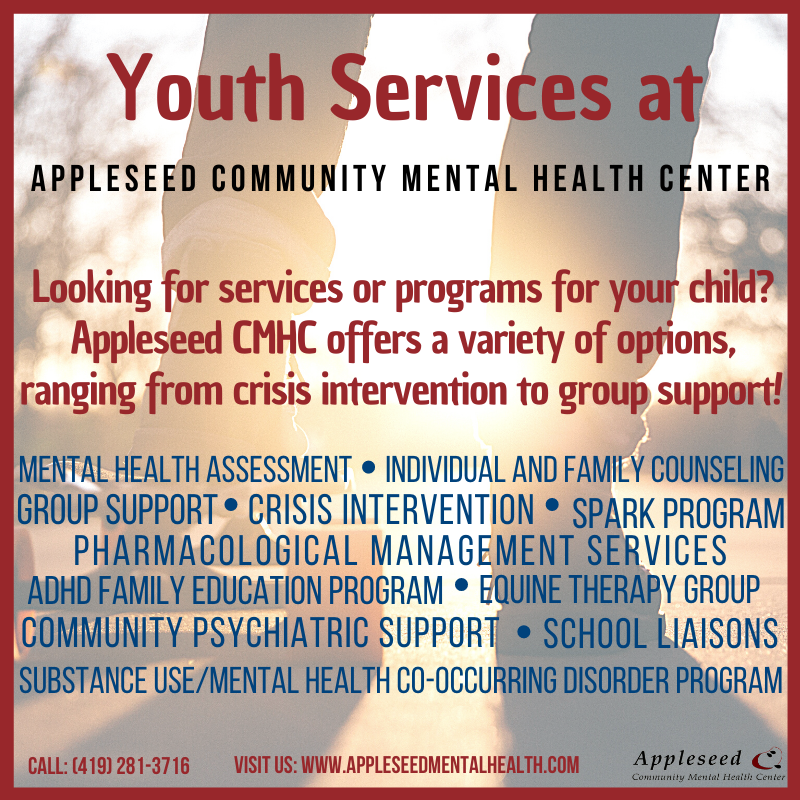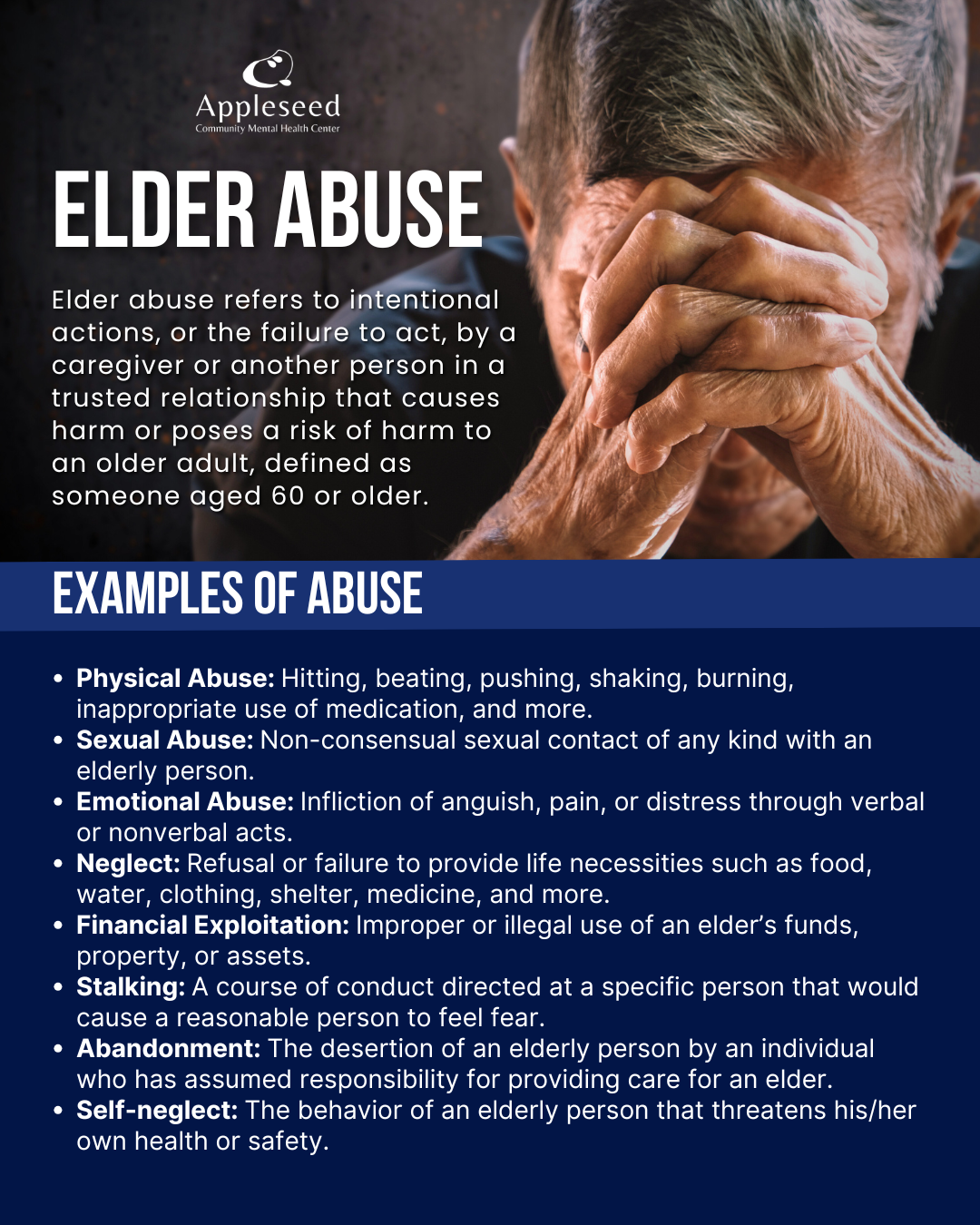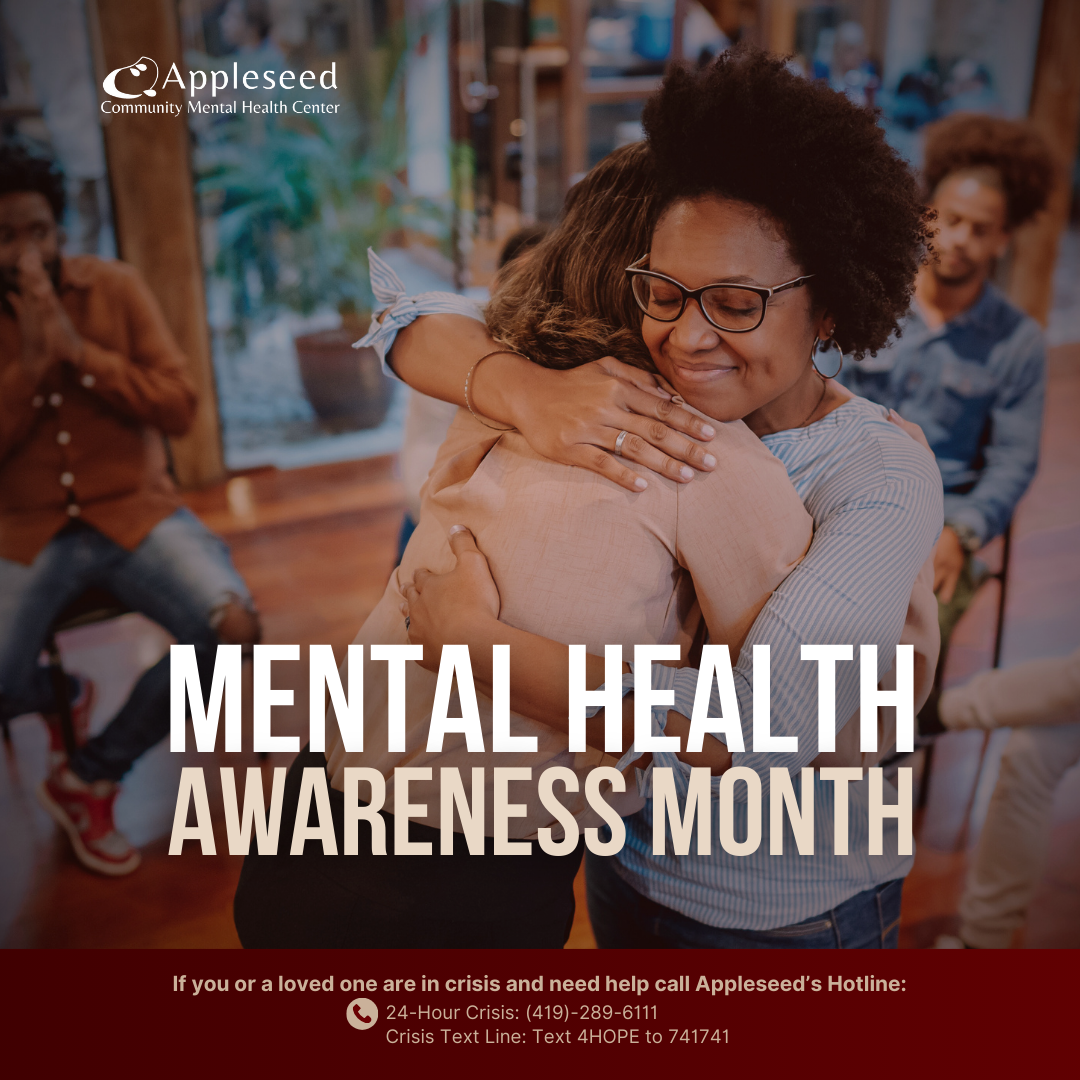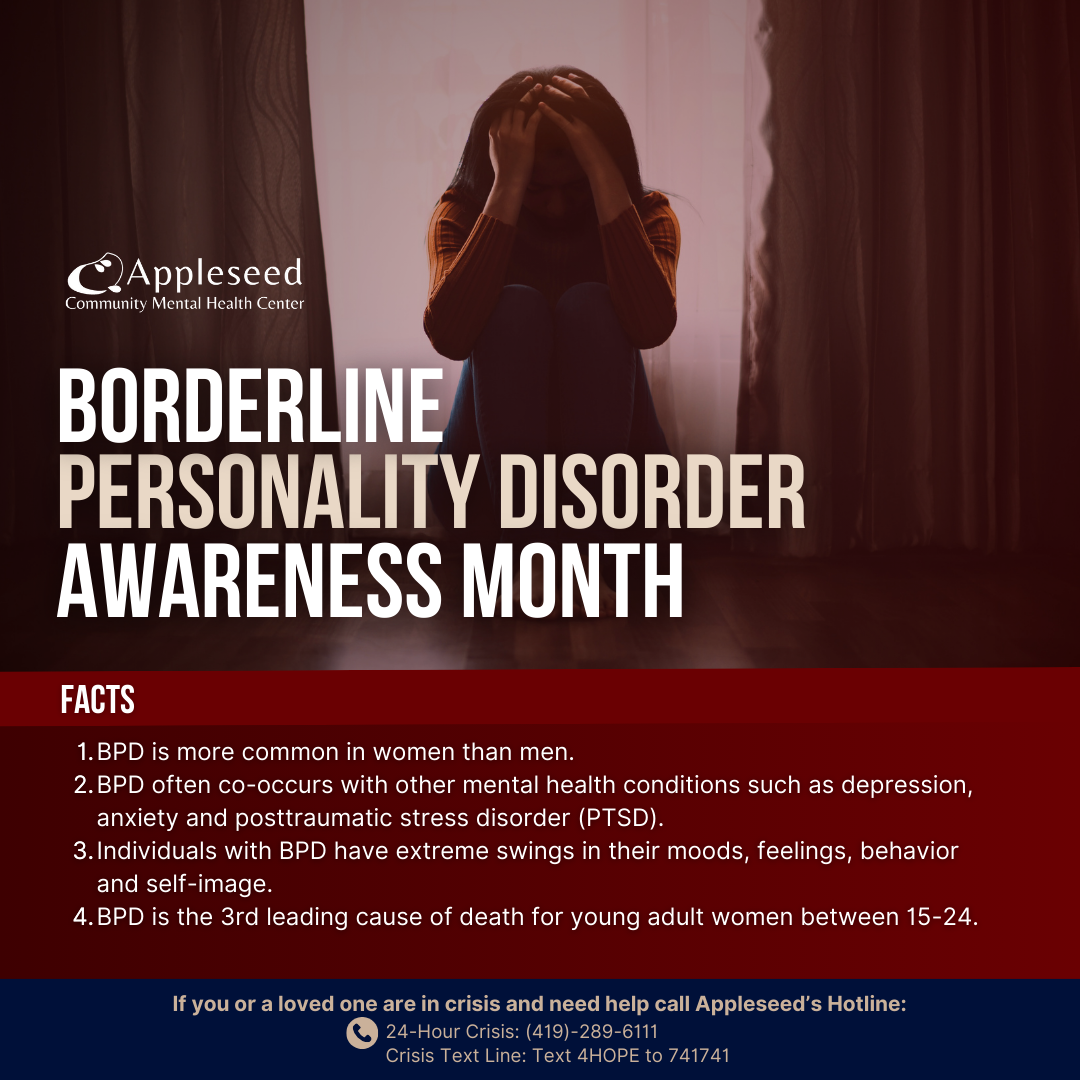Youth Mental Health Services
How Youth Counseling Works
Breaking rules at home, experiencing feelings of depression, or acting out at school—these are often signs that children or adolescents may benefit from mental health services. In the United States, approximately four million youth suffer from mental health disorders that significantly impair their ability to function at school, at home, and with peers. However, research consistently shows that therapy is an effective treatment. At Appleseed, our Theoretical Framework for Treatment emphasizes recovery while actively avoiding re-traumatization. We promote meaningful change by drawing out the client’s own insights, and our approach considers the systems that impact daily functioning to ensure holistic, comprehensive care.
Below are some of the services provided as part of the treatment process:
-
Crisis Intervention: A 24-hour response service for emergency situations, available via phone or in-person intervention depending on the level of urgency.
-
Mental Health Assessment: A clinical evaluation conducted by a licensed mental health professional to gather essential information, identify concerns, and establish goals for treatment.
-
Individual and Family Counseling: Therapeutic interventions tailored to address the unique treatment needs of individuals and families seeking mental health services.
-
Group Counseling: Interactive therapeutic sessions conducted in a group setting, focusing on the treatment needs of individuals seeking mental health services.
-
Pharmacological Management Services: Provided by a psychiatrist or physician trained in psychiatric care, this service involves medication and other interventions designed to reduce, stabilize, or eliminate psychiatric symptoms.
-
Community Psychiatric Support (Individual and Group): A comprehensive array of services aimed at treatment, support, and rehabilitation. This service emphasizes nine key interventions, including needs assessment, skill development, linkage to services, symptom monitoring, crisis management, advocacy, family education, and removing barriers to independent functioning and social integration.
-
Keeping Families Strong: A program funded by the United Way of Ashland County that provides essential services to families in need.
-
School/Community Liaisons: A collaborative initiative between the Mental Health and Recovery Board, Appleseed, and local schools. Liaisons, well-integrated into the schools, provide a critical service that is highly valued in the community. This service is funded by Ashland County Mental Health Levy funds.
-
ADHD Coordinated Treatment: A program designed to educate parents on child development, promote healthy family communication and interactions, and teach children essential social skills, goal-setting, and communication techniques.








